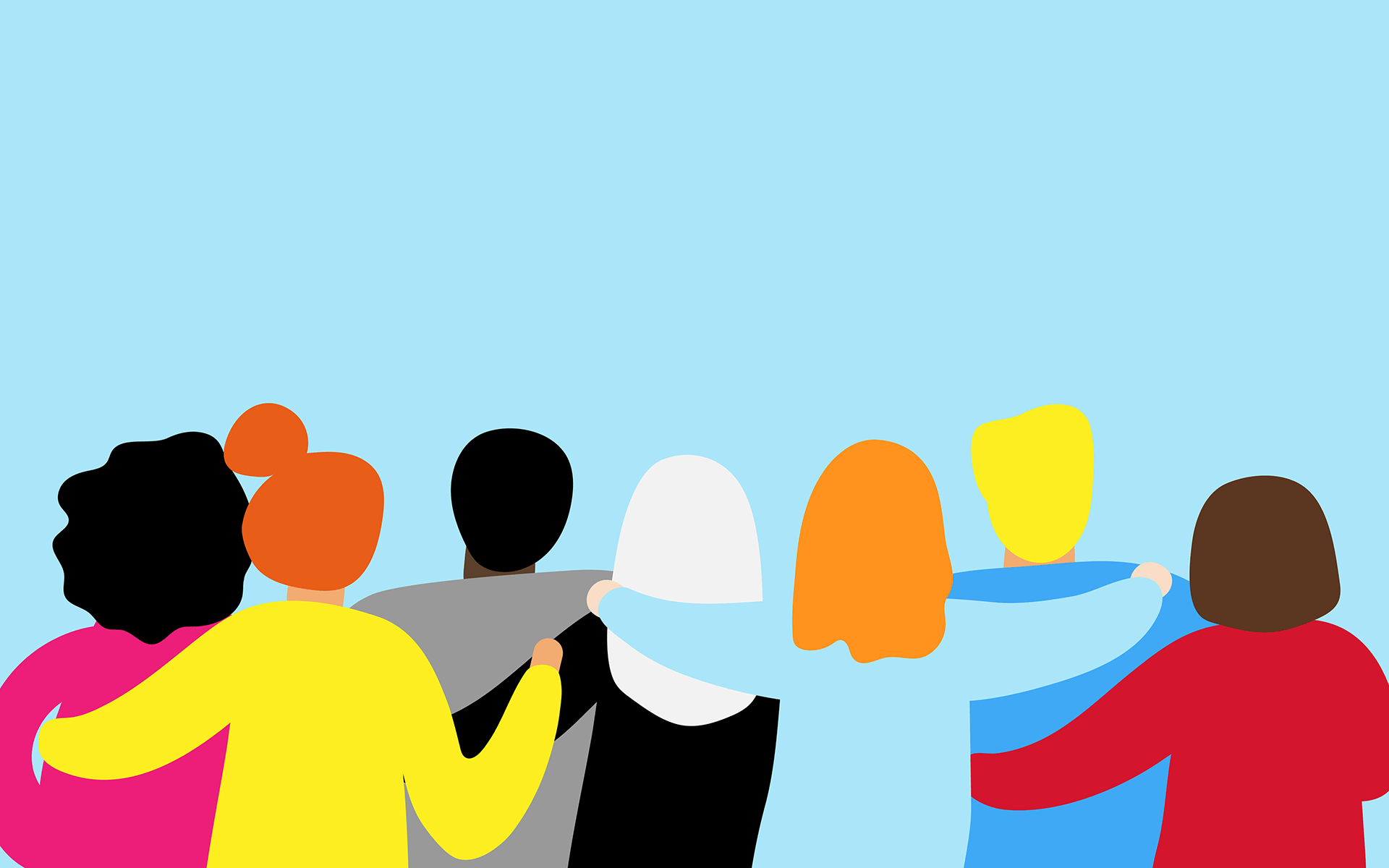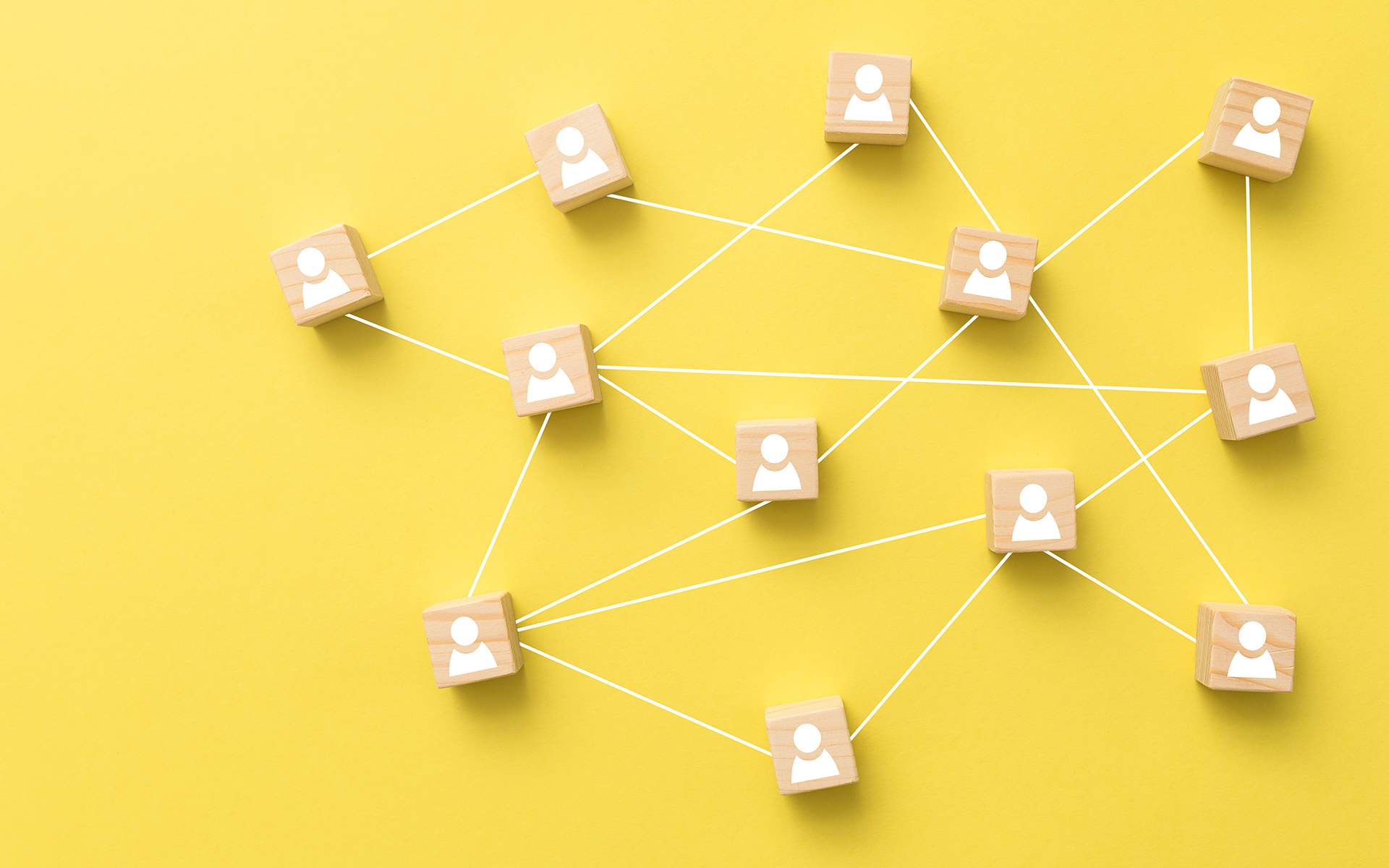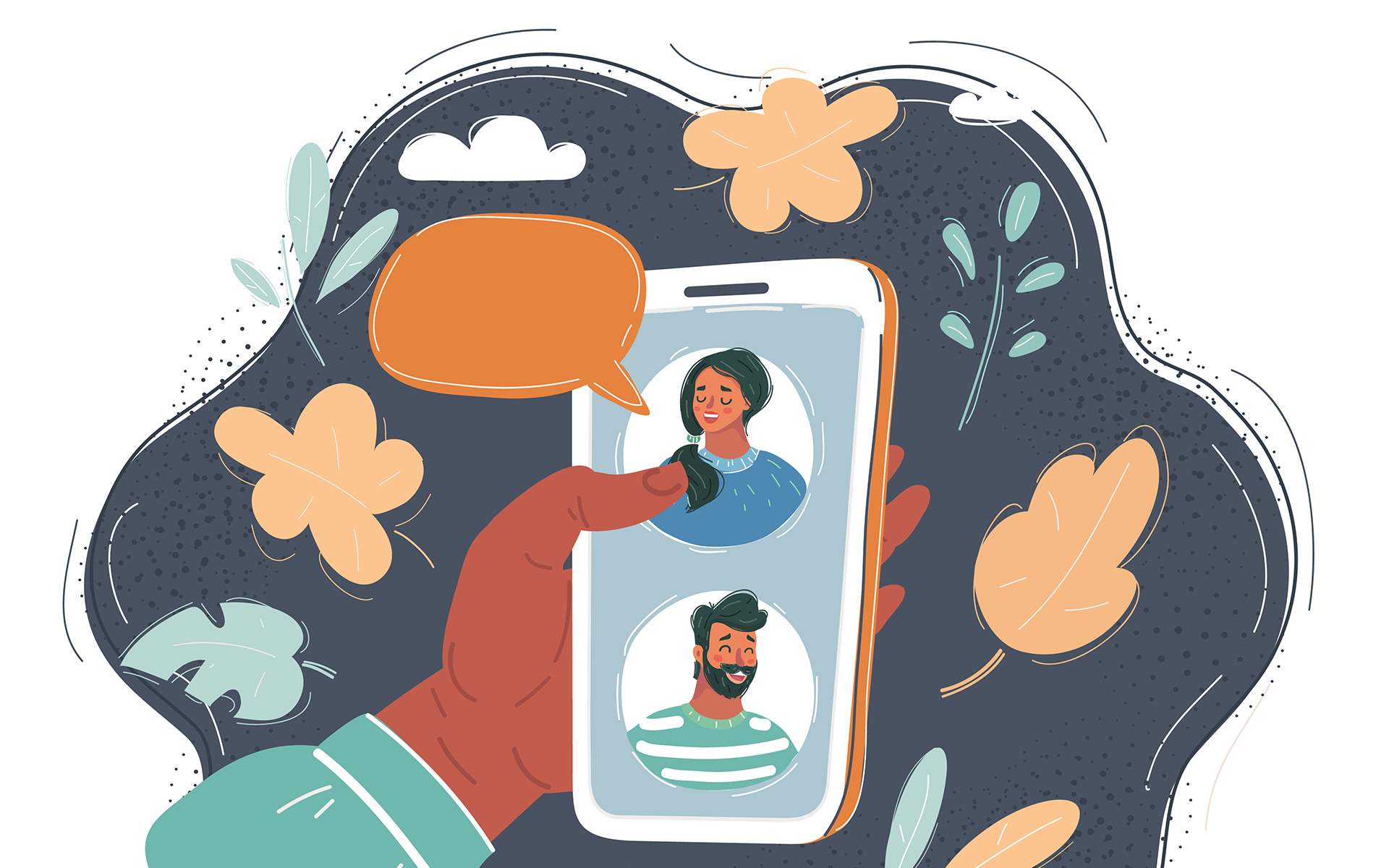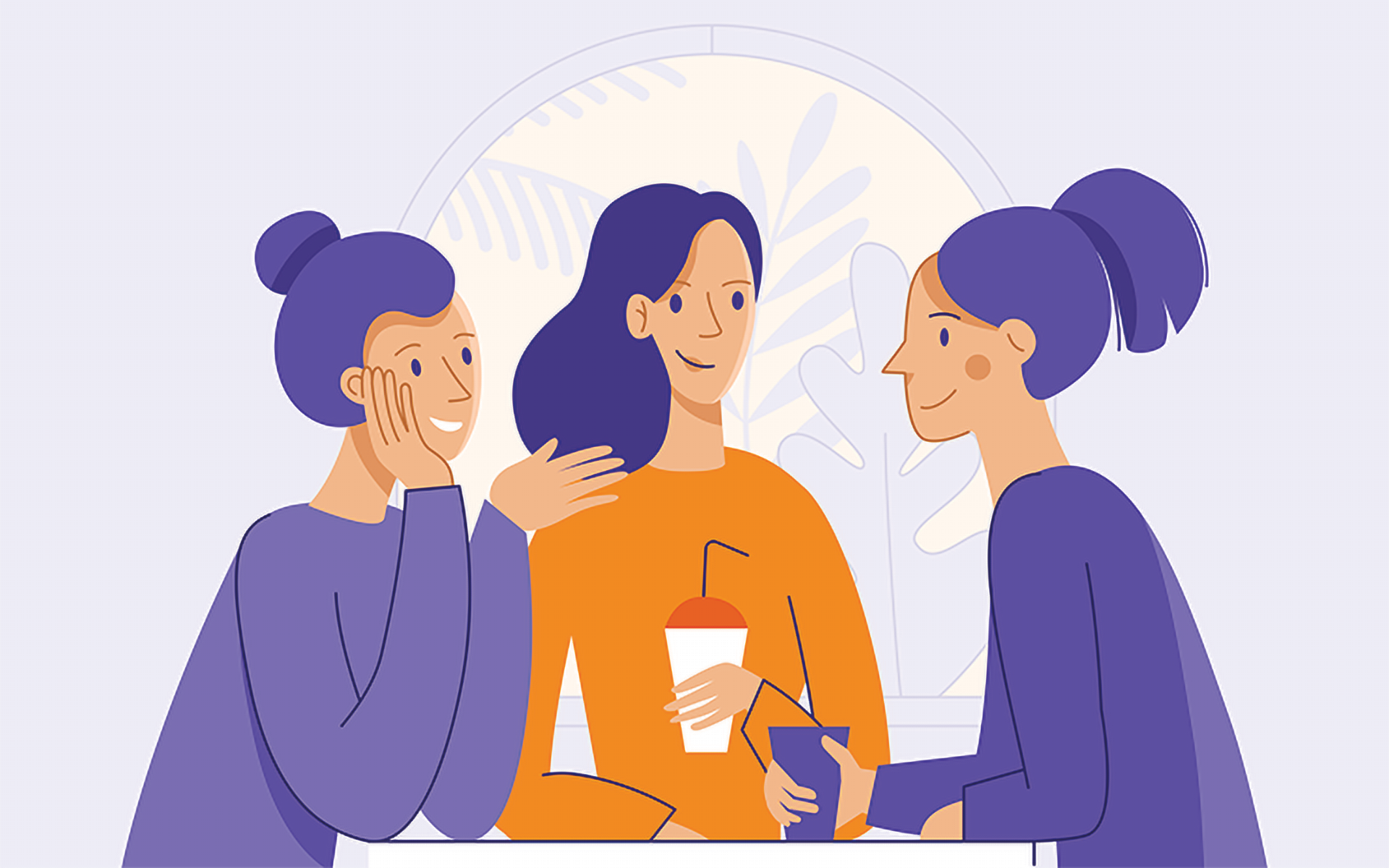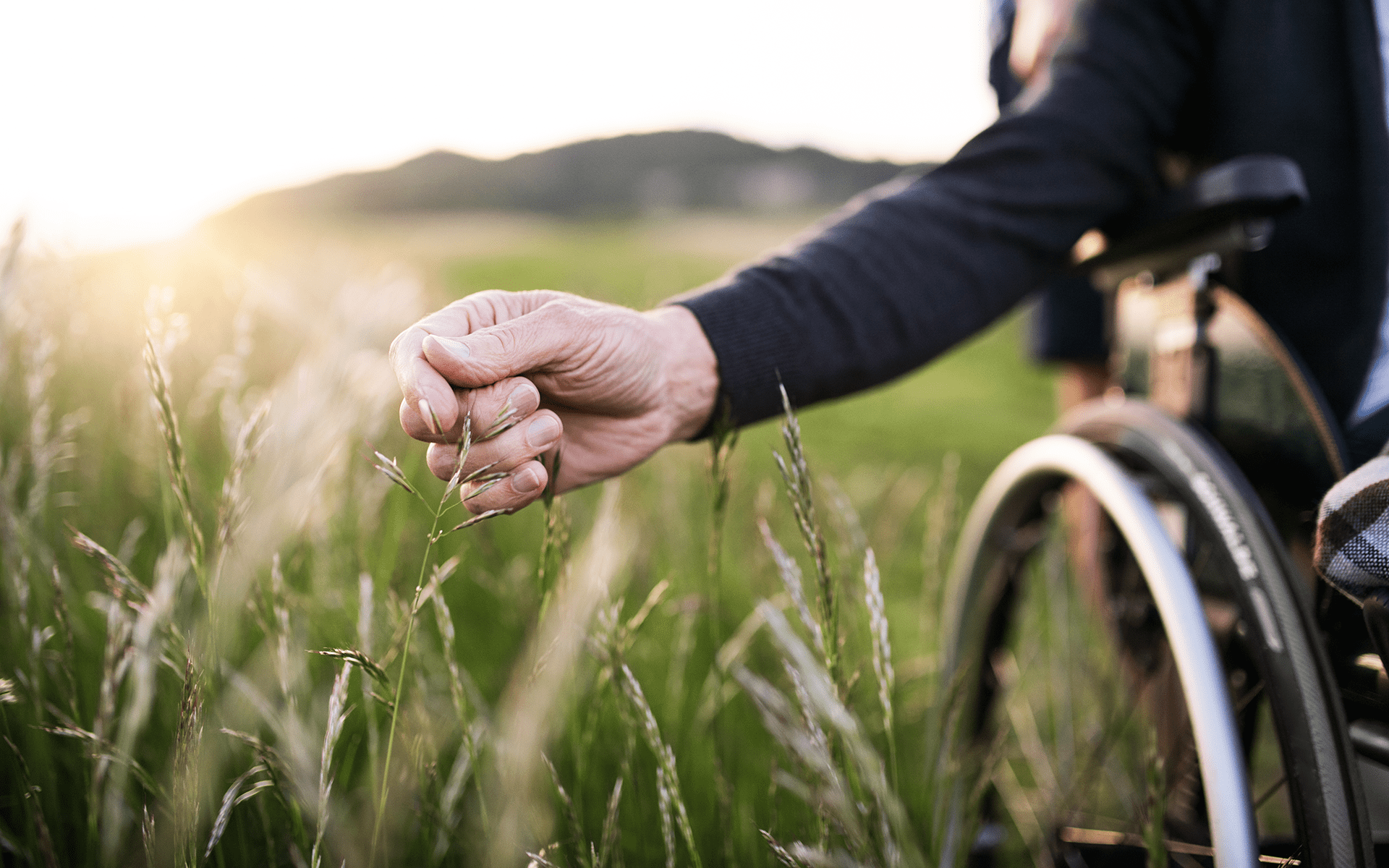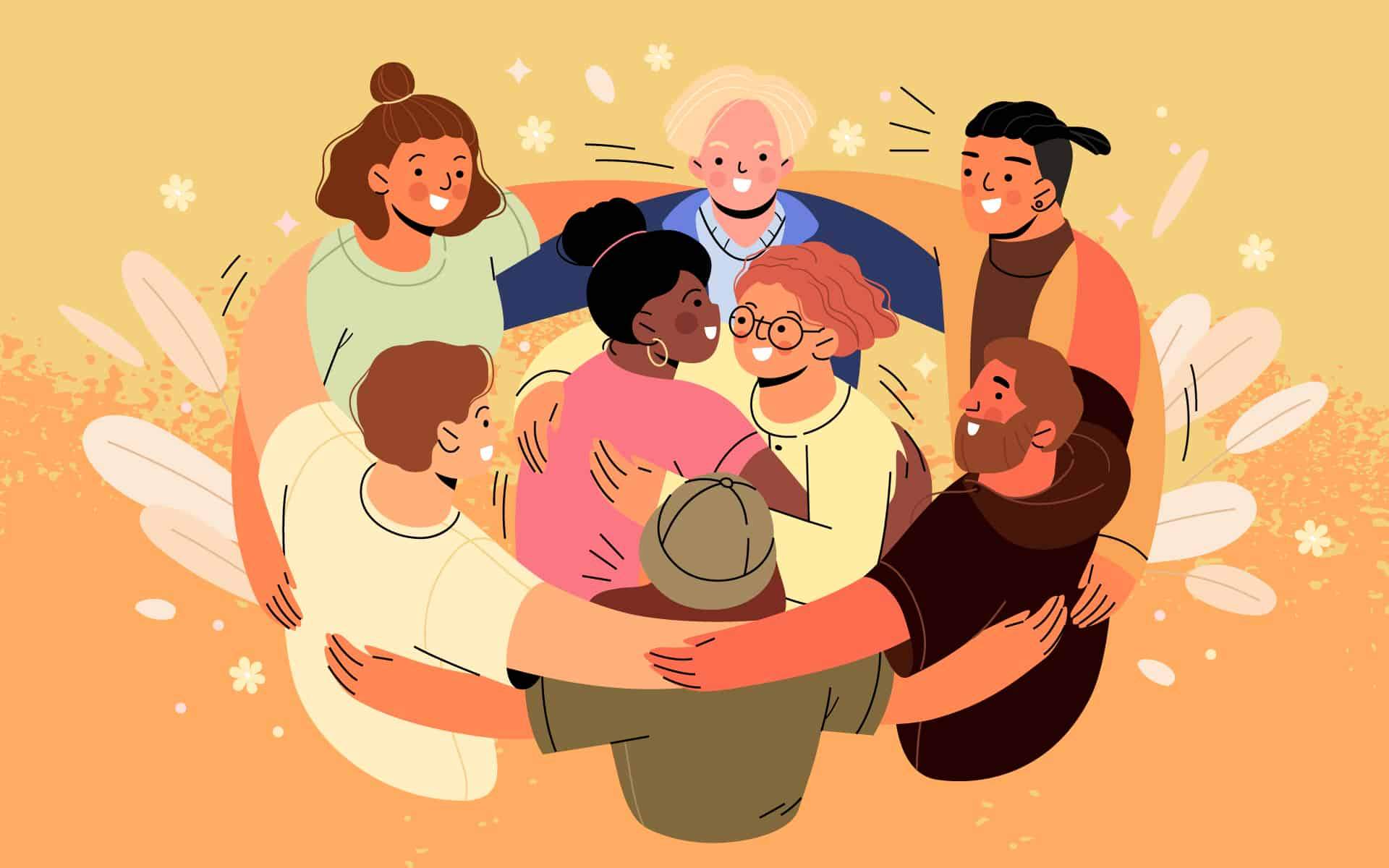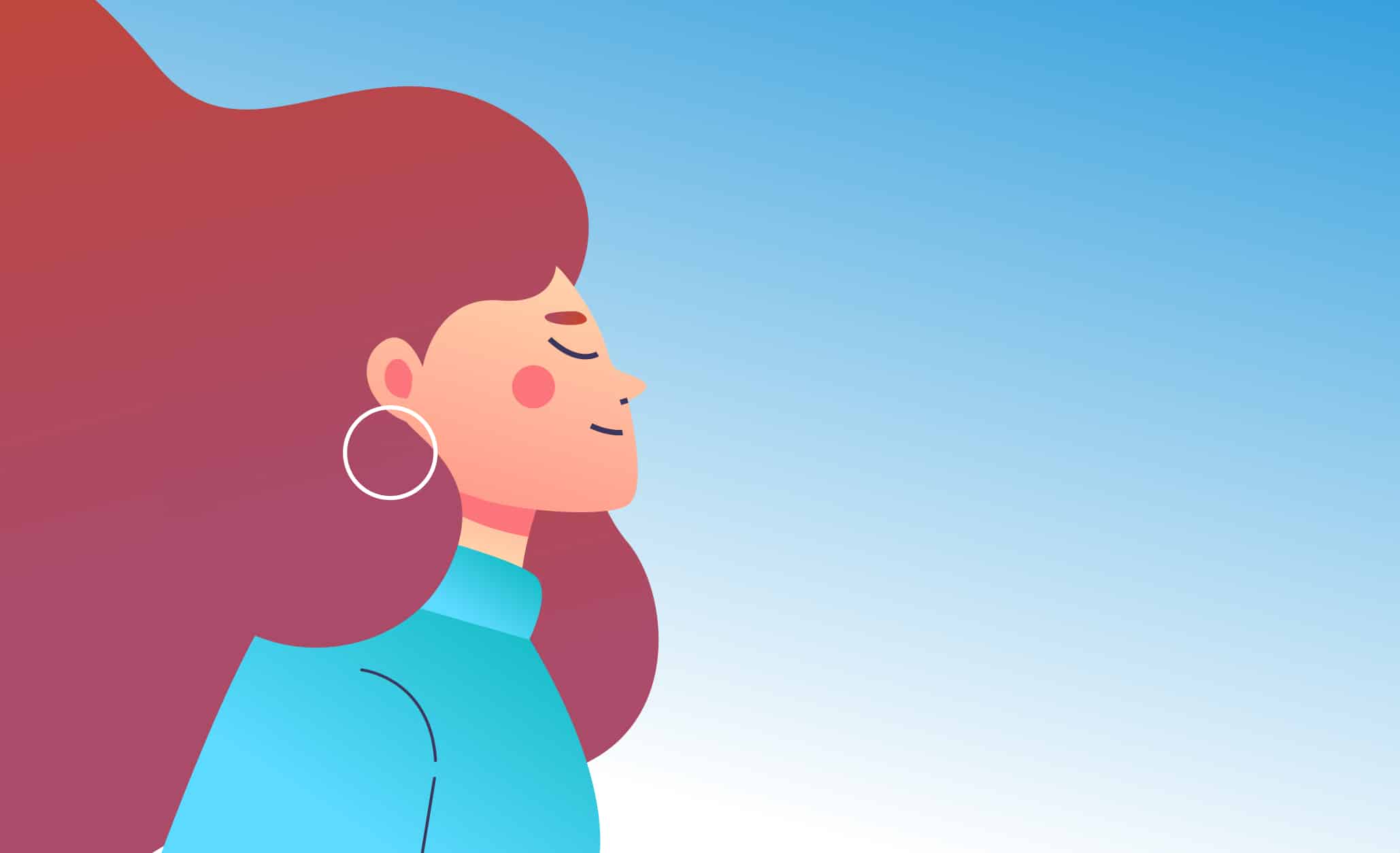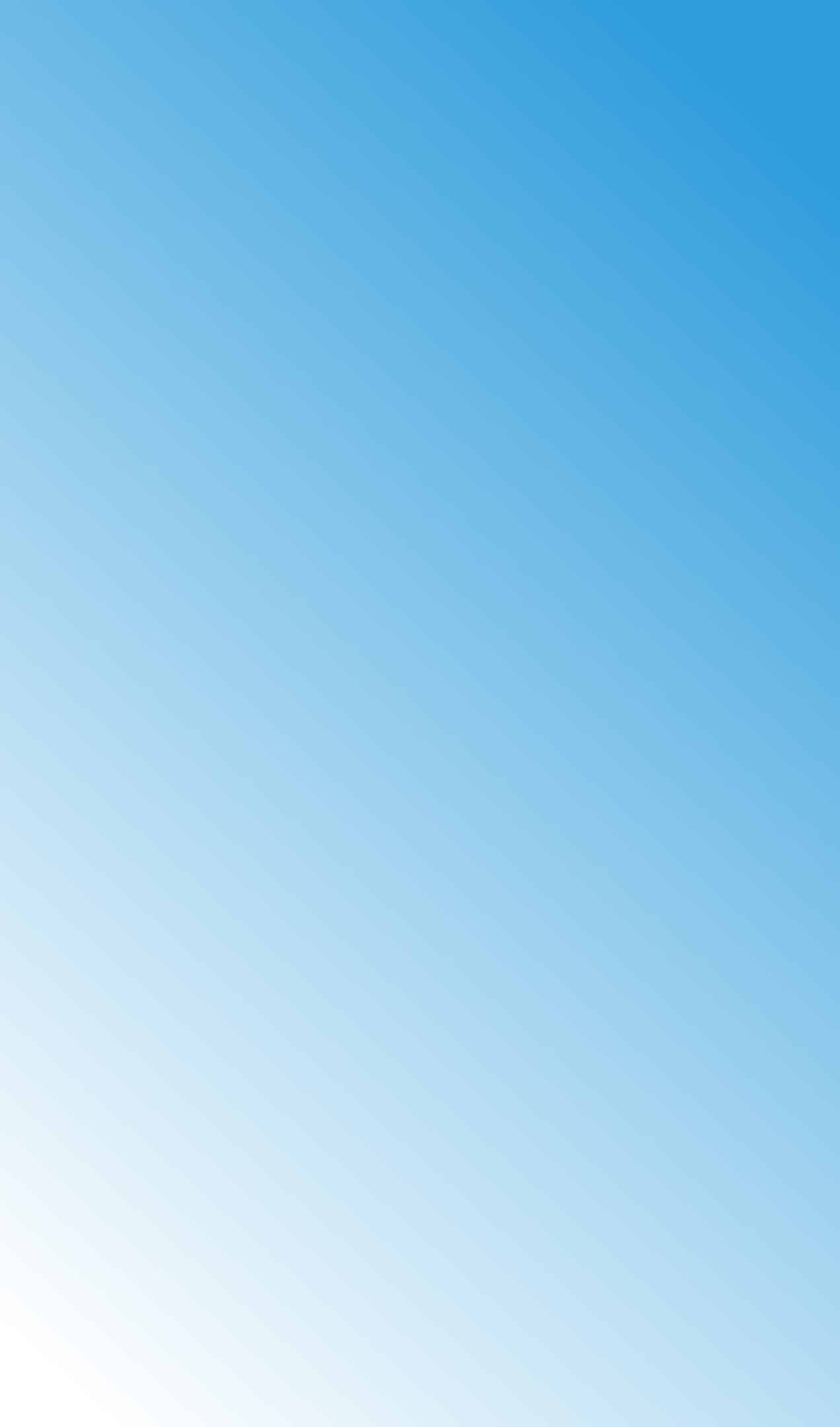I’ve always enjoyed having places to go and hang out with a collection of people, somewhere where they know your name. When I lived on Thompson Street in Greenwich Village for a time, back when it was still an Italian neighborhood, I admired the old folks who hung out in front of their buildings on simple chairs passing time together. On the Lower East Side, a few blocks south and east, alter kakers (roughly and generously meaning “old folks” in Yiddish) whiled away the time sharing park benches with pigeons. In Do the Right Thing, Spike Lee beautifully captured the stoop- and sidewalk-sitting culture of his native Brooklyn.
As I write this, hanging out is discouraged and even outlawed during the pandemic, and we’ve relied on technological substitutes. Nevertheless, no virus can remove the human propensity to gather. Community is essential to life.
And yet, our pull to community requires continual examination, because the very glue we use to hold ourselves together in community can fester into in-groupiness, where the key defining feature of the group is who is excluded. While a sub-community can flourish when fed by the shared beliefs and rituals that define a culture, when that culture is righteously exclusionary—like an angry subreddit—it can create a nasty tear in the fabric of the larger community. Since we’re all interconnected, we’re perforce part of ever-larger communities, up to and including the planetary one—simply because we’re alive on earth.
We will always cluster in affinity groups, and yes, sometimes they’ll be based on creating distance from an existing community. Some young people growing up in small towns will gather, as I did, around the shared ethos of “getting the hell out of this place.” People from difficult families will construct chosen families. People who don’t “fit” will find a way to fit. These communities are a source of resilience in tough times.
But clannishness can turn what starts out being homey into something quite ugly. Many of us have been part of groups that veered toward (or became completely submerged) in cult behavior, where the internally constructed belief system becomes an addictive source of nourishment that blinds us to how it excludes others.
Gentle accountability is the cornerstone of the deepest kind of friendship, where we rely on each other to let us know when we’re full of ourselves.
What can undercut that? What can keep our group-forming propensity from becoming incestuous and toxic? In my experience, one main ingredient is an ethos of honesty, a kind of gentle accountability, the cornerstone of the deepest kind of friendship, where we rely on each other to let us know when we’re full of ourselves, when we’re creating a mutual and hateful lie to make ourselves feel superior. In ancient times—the ’60s and ’70s—it was popular for someone to “call your trip.” If you never washed dishes or ate other people’s food unbidden or pontificated about the right way to do things when it was really just your way of doing things—your housemates might well call you on your trip. It could be revealing and enlightening, but it could also become self-righteous.
As mindfulness continues to grow beyond the traditional bounds of religious communities and people keep forming communities of mutual support and joyous interaction, relying on mutual honesty—and maybe some teasing and ribbing rather than harsh self-righteousness—will be essential. Otherwise, however beautiful mindfulness may be, when it becomes an us-and-them kind of thing, it will be just another ego trip.
read more
6 Ways to Build a Culture of Compassion
Scott Shute, the former head of Mindfulness and Compassion at LinkedIn, shares a few simple gestures that can help foster compassion in our workplaces, families, and communities. Read More
How We Can All Thrive in an Interconnected World
For one to flourish, we must all flourish. Shalini Bahl-Milne deeply explores interconnectedness, and shares practices to help us work together for a kinder, more sustainable world. Read More
Kind Communication Is Easier Than You THINK
Chris Willard shares a few useful mnemonics that help us stay on course with speaking and communicating mindfully. Read More
